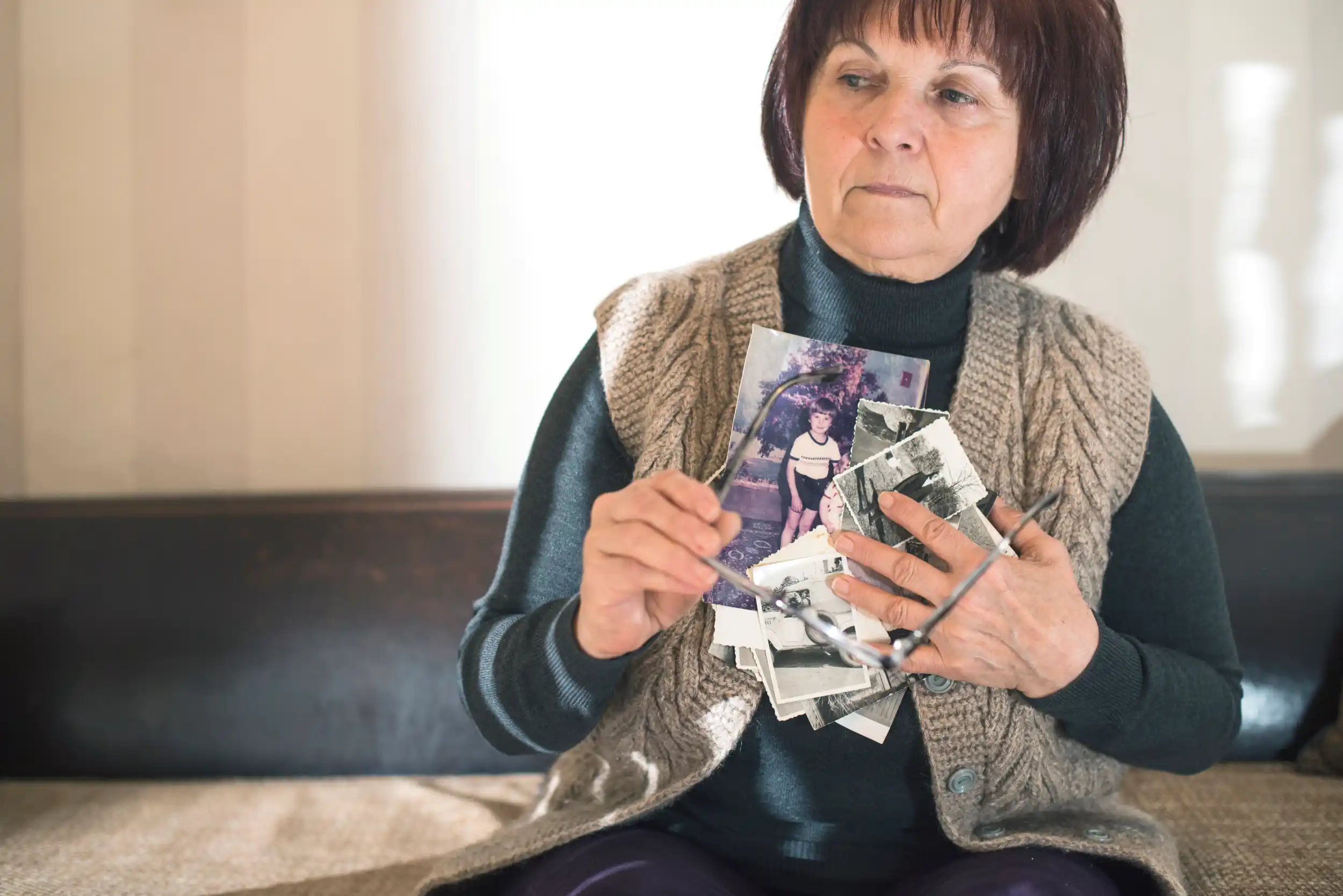Recognizing When More Help is Needed for Dementia Care
- February 25, 2024

Recognizing When More Help is Needed for Dementia Care
Caring for a loved one with dementia can be a challenging journey, requiring an adaptable approach as their condition evolves. There comes a point when additional support, or dementia care assistance, becomes crucial for the well-being of both the patient and the caregiver. Recognizing this need is essential in ensuring that your loved one continues to receive the best possible care. This article will guide you through the signs that indicate it’s time to seek more help.
Understanding the Progression of Dementia
Dementia is a progressive condition, meaning that the symptoms will worsen over time. This progression varies from person to person but typically involves increasing difficulties with memory, communication, and daily activities. As a caregiver, understanding this trajectory is vital in anticipating and preparing for additional care needs.
Key Signs Indicating the Need for More Help
- Escalating Care Needs As dementia progresses, basic activities of daily living such as bathing, dressing, and eating become more challenging. When these tasks become too burdensome for the caregiver to manage alone, it’s a clear sign that additional help is needed.
- Increased Safety Concerns Safety becomes a major concern, especially in advanced stages of dementia. If your loved one is prone to wandering, forgetting to turn off appliances, or is at risk of falls, these are indicators that extra support or supervision is necessary.
- Behavioral Changes Significant behavioral changes, such as increased agitation, aggression, or severe mood swings, can be difficult to manage. Professional assistance can provide strategies and support in handling these complex behaviors.
- Caregiver Stress and Burnout Caregiver health is often overlooked. If you, as a caregiver, are experiencing chronic stress, exhaustion, or health issues, it’s a strong indication that it’s time to seek additional support.
Options for Dementia Care Assistance
- In-Home Care Services In-home care is a flexible option that allows your loved one to remain in a familiar environment. Professional caregivers can provide assistance with daily activities, medication management, and companionship.
- Adult Day Care Centers Adult day care centers offer a safe environment where individuals with dementia can engage in activities and socialize, providing respite for caregivers during the day.
- Assisted Living Facilities For those requiring more comprehensive support, assisted living facilities that specialize in dementia care can offer a suitable solution. These facilities provide round-the-clock care and specialized programs.
- Memory Care Units Memory care units, often part of assisted living facilities, are specifically designed for individuals with dementia. They offer enhanced safety features, specialized staff, and tailored activities to meet the needs of residents with memory impairments.
Making the Decision
Deciding to seek additional help is not easy, but it’s often in the best interest of both the person with dementia and the caregiver. Open discussions with family members, healthcare providers, and potential care services can aid in making an informed decision.
Embracing Support for Quality Care
Recognizing when to seek more dementia care assistance is a crucial step in the dementia care journey. It ensures that your loved one receives the level of care they need and deserve while also preserving your health and well-being as a caregiver. Embracing additional support is not a sign of failure but rather a commitment to providing the best care for your loved one.
